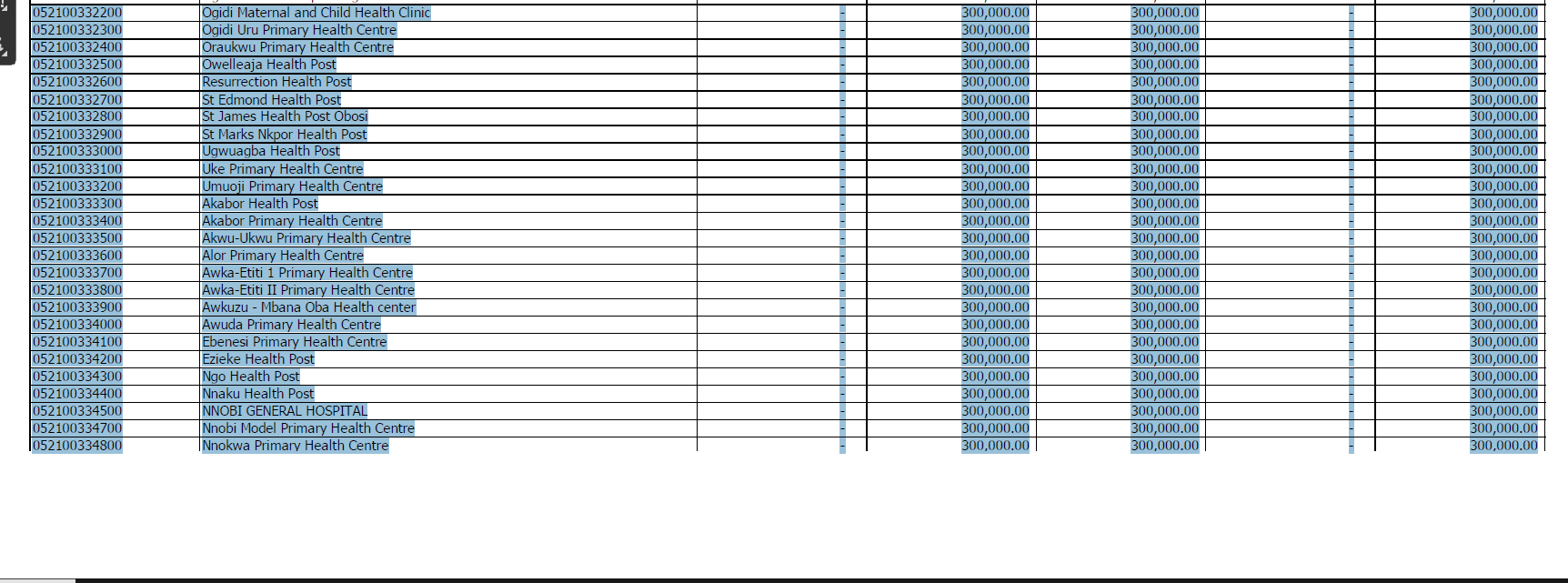A review of the Anambra State 2025 approved budget by SaharaReporters has revealed that Governor Chukwuma Soludo’s administration has allocated the sum of N15 billion for the development of a 4-star hotel in Awka, the state capital.
This is contained in the Anambra State 2025 Citizens Budget document signed by the state’s Commissioner of Budget and Economic Planning, Mrs. Chiamaka Nnake, and obtained by SaharaReporters.
The state government identified the development of the 4-star hotel as one of the top 15 capital projects of the state for 2025.
Meanwhile, SaharaReporters’ review of the 2025 Fiscal Appropriation Action of the administration shows that the state government allocated only a total of N195 million to 650 primary health centres, health posts and Chukwuemeka Odumegwu Ojukwu Teaching Hospital, Amaku.
According to the approved budget document, each of the 650 primary healthcare centres, health posts and the Chukwuemeka Odumegwu Ojukwu Teaching Hospital, Amaku got N300,000 budgetary allocation only.

The N195 million allocated to the 650 primary health centres represents 1.3% of the N15 billion allocated to developing a 4-star hotel.
In December 2024, Anambra State celebrated winning the first position in South-East and overall best in Nigeria in the 2nd Edition of the Primary Healthcare Leadership Challenge Awards.

The state was awarded a cash prize of $1,200,000 by the National Primary Healthcare Development Agency (NPHCDA) in collaboration with Aliko Dangote Foundation, the Federal Ministry of Health and Social Welfare, the Bill and Melinda Gates Foundation, and UNICEF.

A visit to multiple primary healthcare centres and health posts in Awka, the state capital, and over 10 other communities in the state revealed a severe lack of medical supplies, including essential items like drugs, syringes, and gloves.

Disturbingly, despite the state government allocating N15 billion for the development of a hotel, many of these primary healthcare centres and health posts are operating out of single-room gatekeeper houses at recreational centres, churches, and residential homes.

Many other facilities are operating in dilapidated and wrecked buildings, lacking essential services such as pharmacies, functional toilets, labour wards, and labour equipment, among other necessities.





